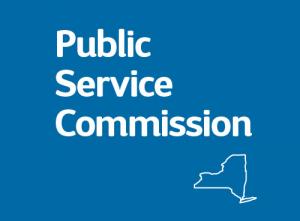CNG Project

The New York Public Service Commission endorsed a plan put forth by New York State Electric & Gas Corporation (NYSEG) for the initiation of a compressed natural gas (CNG) pilot program.
The commission agreed with the utility that the endeavor would be in keeping with state policies focusing on reductions in greenhouse gas emissions. As described by NYSEG, its plan centers on construction of several natural gas compressor units, which would enable the company to maintain reliable natural gas supply while avoiding the need to build a whole new pipeline.
The utility explained that it has seen a significant rise in natural gas consumption in its Ithaca service area over the last few years, which had prompted concerns about whether existing pipeline capacity was sufficient to meet continuing load growth. The company reported that it had first considered construction of a new pipeline spur to address any reliability problems. That project would have included more than seven miles of new pipeline at a cost of about $18.6 million. Upon further reflection, however, NYSEG came to the conclusion that a CNG project could be a more cost-effective and environmentally friendly solution. The compressor pilot was supported by many local county officials, who said they have long pressed the utility to look for “nonpipes” alternatives for assuring reliability of supply.
The company related that its plan encompasses the installation of four individual compressors at strategic locations along its distribution system. The compressors would be used to enhance pressure in stages during times of peak demand. In ruling in favor of the project, the commission commented that it was intrigued by the proposal, even though it represented a unique approach to distribution system pressure drops that has not been tested in New York previously. The commission remarked that the price tag of $4 million for the compressor pilot was certainly more advantageous for ratepayers than the investment that would be required for new pipeline facilities. (Case 17-G-0432)



